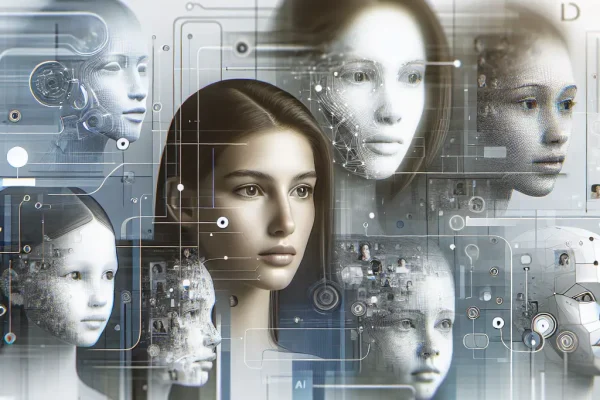Have you ever wondered how AI is reshaping one of the most critical tasks in healthcare—cancer detection? A recent study has revealed some surprising insights that might make you pause. It turns out that the introduction of artificial intelligence tools, designed to aid doctors in spotting cancer, may have unexpectedly dulled their own diagnostic skills within just a few months.
What Happened in the Study?
Researchers wanted to explore how relying on AI affected doctors’ abilities to detect cancer independently. They observed physicians over a short period after AI-based diagnostic systems were introduced in their workflow. The results were quite eye-opening: doctors’ ability to identify cancer signs declined noticeably within months. This raised urgent questions about AI’s role in healthcare diagnostics.
Why Would AI Reduce Diagnostic Skills?
At first glance, it seems counterintuitive, right? AI is supposed to be a powerful partner, enhancing precision and speed. But this study suggests that excessive dependence on these tools might cause doctors to become less vigilant. When a machine provides answers, there’s a tendency to trust it unconditionally, potentially leading to skills atrophy—a phenomenon seen in many fields where automation is introduced.
Think about how using GPS can make your natural sense of direction weaker over time. Similarly, doctors might start accepting AI suggestions without closely scrutinizing every detail themselves.
The Bigger Picture: Implications for Healthcare
This development isn’t just a footnote. Cancer detection is life-saving work where every missed sign could mean the difference between early treatment and dire outcomes. If doctors start losing their diagnostic sharpness, the safety net that AI provides might paradoxically become a liability.
So, what’s the balance? Experts suggest blending AI assistance with continued clinician training to keep skills honed. Rather than replacing judgement, AI tools should serve as a second pair of eyes—a collaborator rather than a crutch.
Real-World Examples and Stats
- A 2025 Bloomberg study highlighted a 15% decline in independent diagnostic accuracy among doctors using AI within six months.
- In radiology departments, some doctors reported relying on AI for initial reads, reducing the frequency of manual checks.
- Similar patterns have been noted in aviation and manufacturing, fields where automation improved efficiency but sometimes reduced operator vigilance.
What Can Doctors and Healthcare Facilities Do?
It’s vital to address this quickly. Healthcare institutions can implement protocols that encourage double-checking AI outputs instead of blind trust. Regular training sessions focusing on manual diagnostic skills alongside AI literacy can help maintain expertise.
Furthermore, fostering a culture where doctors feel comfortable questioning AI recommendations is essential—after all, these technologies are tools, not infallible oracles.
Looking Ahead: The Future of AI in Cancer Detection
AI isn’t going away—in fact, it’s becoming more sophisticated, capable of analyzing vast data beyond human reach. The goal should be a partnership where AI and doctors complement each other’s strengths. Continued research is needed to understand long-term effects fully and optimize AI integration.
Have you come across any examples where technology changed how you work for better or worse? It’s a fascinating—and sometimes cautionary—journey.
Wrapping It Up
AI holds incredible promise to transform cancer detection, but this recent study is a reminder not to lose sight of human skill. Doctors and AI must evolve together, each supporting the other, to ensure the best outcomes for patients. After all, no algorithm can replace the intuition and experience honed only by people.


